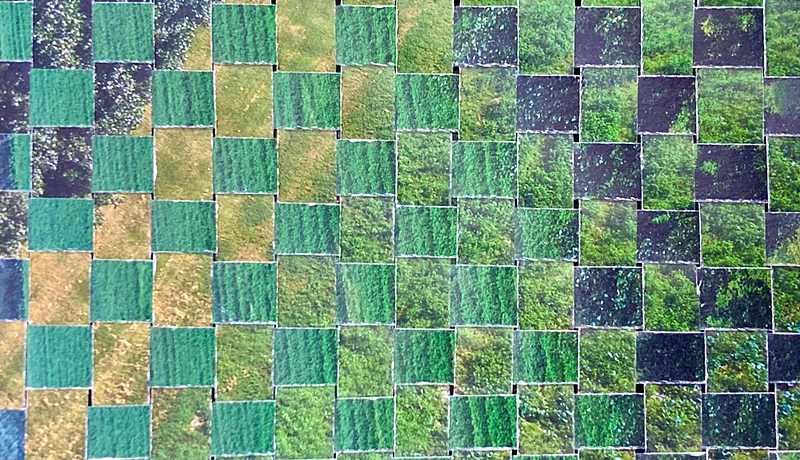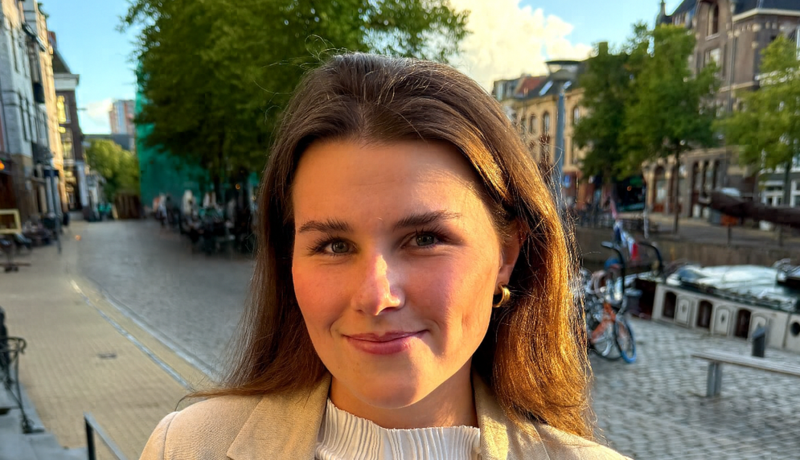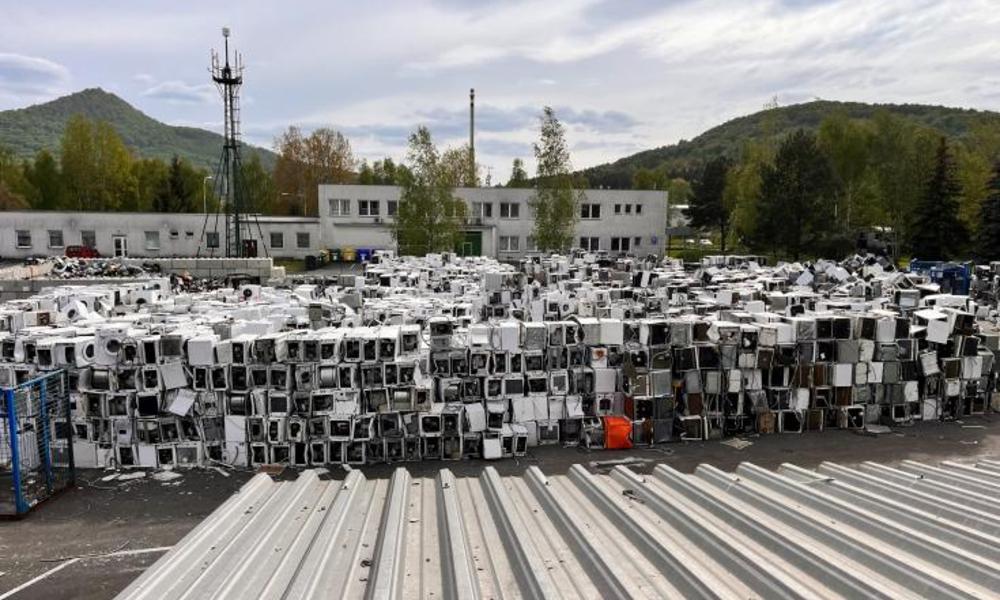
Processing electronic waste (also known as e-waste) is easier said than done. It is often unclear to consumers how and where to recycle electronics. It should also become easier to repair or reuse electronics so that fewer products end up in landfill. This Interreg Europe project, WEEEWaste: Improving policies for waste management of electrical and electronic equipment, examines how national, regional and local policies can improve this situation.
The project is a collaboration between nine partners across Europe. These partners will work together on improving policies to reduce the large amount of e-waste in Europe. This should make it easier to collect electronic equipment in a uniform way, for subsequent reuse, repair, recycling or other use. The project will also contribute to interregional cooperation between municipalities and regions. Finally, the project should also create awareness among the general public to deal responsibly with their electronic waste, and to choose reuse and repair more often.
This Interreg project is co-financed by the European Regional Development Fund (ERDF).
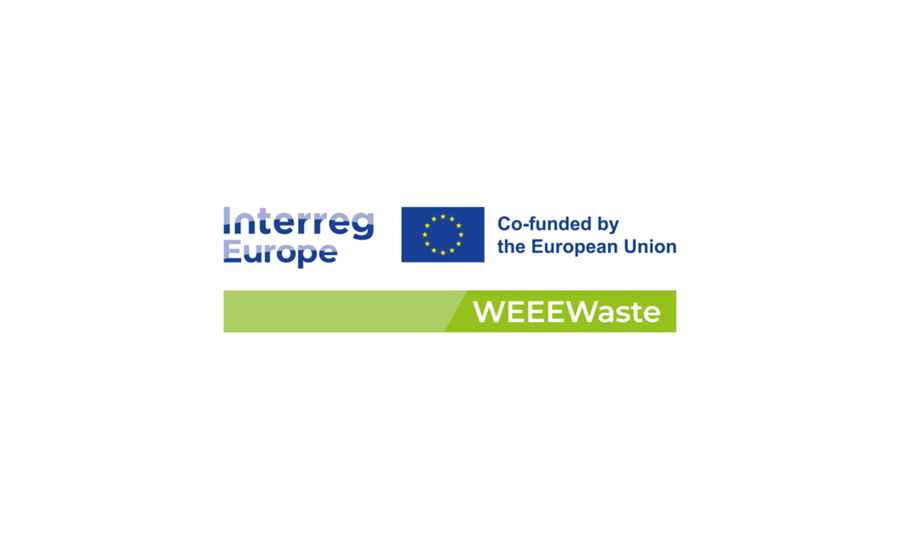
The research project
Partners
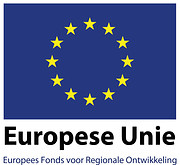
Europese Unie - Europees Fonds voor Regionale Ontwikkeling
Europese Unie - Europees Fonds voor Regionale Ontwikkeling
Consortium
- Czech Technical University in Prague (frontrunner)
- Bucharest-Ilfov Regional Development Agency
- Regional Government of Navarre
- Municipality of Campobasso
- Aufbauwerk Region Leipzig GmbH
- Hajdú-Bihar County Government
- Gdansk Municipality
- Environmental Research Institute
- Hanze University of Applied Sciences
Our team
-
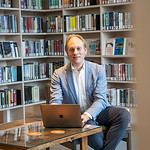
Niels Faber
Lector Transition towards a Circular Economy
- [email protected]
-
Zernikeplein 11, 9747 AS Groningen
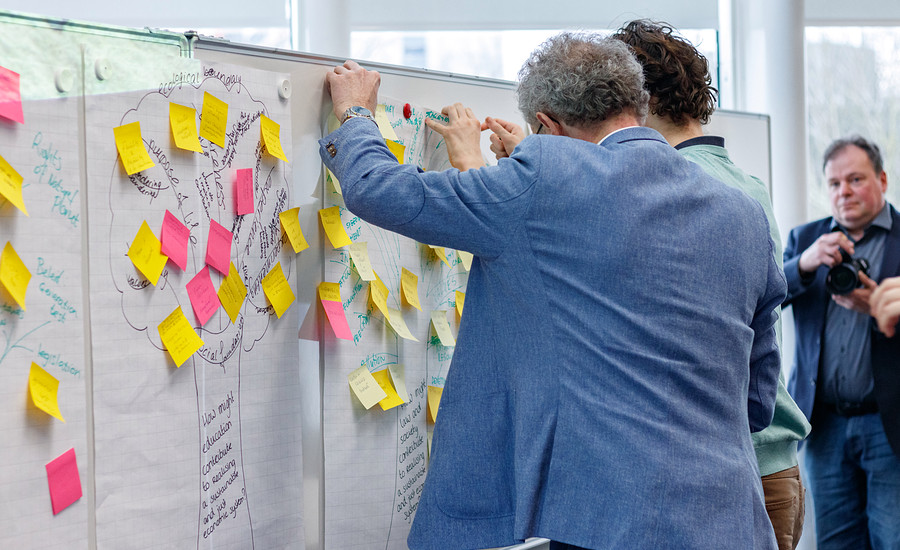
Want to know more?
Want to know more about projects on the circular economy and circular raw materials? Then check out our Circular Industry professorship.
Visit the page of our professorship.Feedback component
How satisfied are you with the information on this page?





